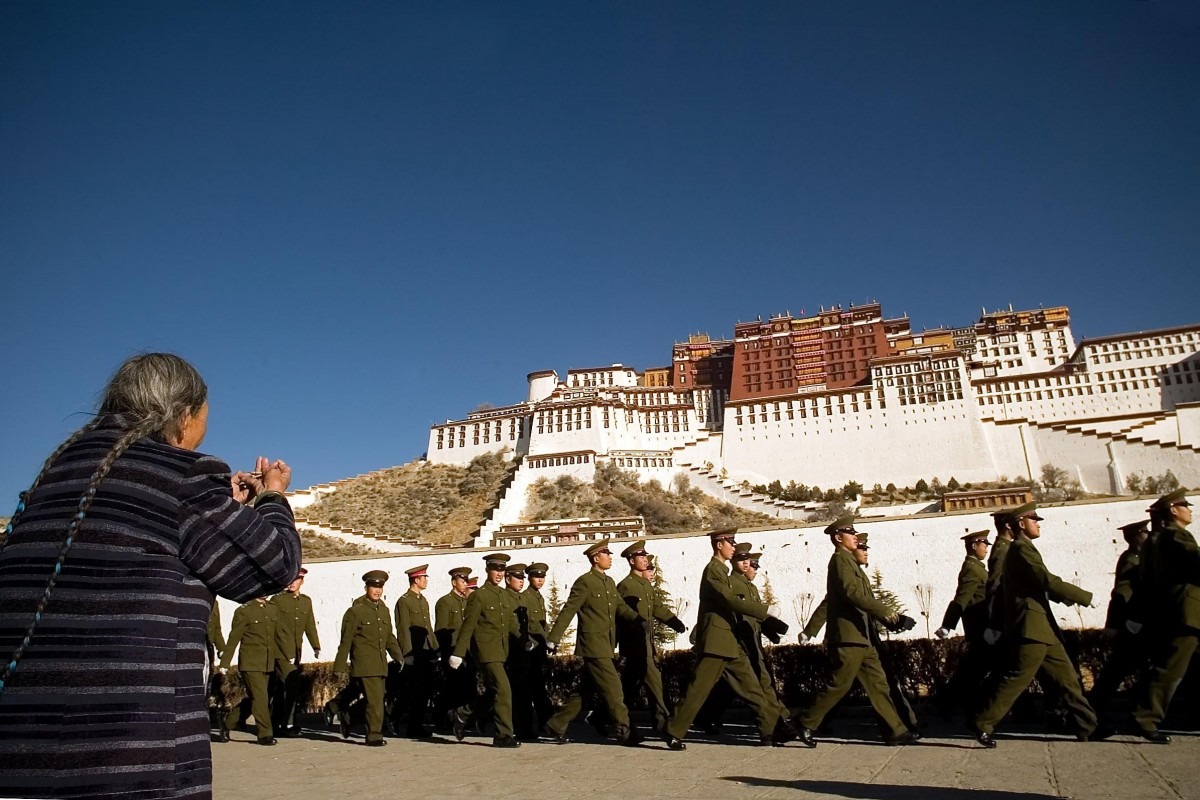
Despite the existence of back-channel negotiations between representatives of the Dalai Lama and China, the Central Tibetan Administration’s (CTA) Sikyong, Penpa Tsering, admits that discussions have yet to achieve significant advancement.
According to a recent interview with The Hindu, Sikyong affirmed the CTA’s endorsement of the “Middle Way” – an approach supported by the Dalai Lama that seeks greater autonomy but stops short of demanding independence from China. The spiritual leader echoed this sentiment in a statement to journalists earlier this week.
Addressing challenges from younger Tibetans who express frustration over the stagnant progress, Sikyong Penpa Tsering emphasized, “This is something China should consider.” He further elucidated in his conversation with The Hindu, “We do have back-channels, beyond that I can’t say anything, as [these talks] haven’t moved beyond a certain stage where we would be comfortable to speak about it.”
ALSO READ: Nepal-China Accord Intensifies Concerns over Tibetan Affairs: ICT Reports
International observers note the importance of this dialogue, especially as most nations recognize the Tibetan Autonomous Region (TAR) as part of China. While the CTA conducts periodic elections for the Tibetan diaspora spanning over 25 countries, it isn’t formally recognized as a government-in-exile.
Sikyong provided insight into the broader implications of their struggle, stating, “If Dalai Lama can return back with his followers to Tibet, that would be one thorn removed, certainly for India and China.“
Tensions have been rising within the Tibetan community. Several members of the Tibetan Parliament in Exile (TPiE) and Dharamshala youth groups advocate for a shift from the ‘Umay Lam’ (Middle Way) policy to ‘Rangzen’ (Independence).
The looming question of the Dalai Lama’s successor is another point of contention, especially for Beijing. Sikyong revealed that the decision on the spiritual leader’s succession could be made public in 2025. He added, referring to Chinese authorities, “They seem to be more worried about the [next] 15th Dalai Lama than the present one.”
Mr. Tsering also raised concerns about China‘s recent endeavors in Tibet, particularly the introduction of new educational initiatives aimed at diminishing Tibetan cultural influences. Highlighting the potential implications for India amidst its border tensions with China, Sikyong commented on China’s “border villages” and recruitment of Tibetan soldiers. Applauding India’s resolute stance against China since the 2020 stand-off, he hailed the government’s intensified efforts in bolstering border infrastructure as a commendable move.






